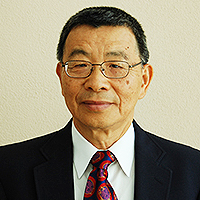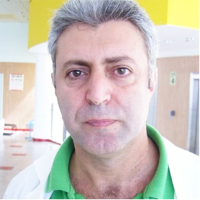Efficiency, Effectiveness and Clinical Results of Extracorporeal Therapies in Non-Renal Settings: How are they to be evaluated? The Case of their Application in Liver Failure
Published on: 20th February, 2024
There are various Extra Blood Purification Therapies (EBPTs) used in the context of critical care, including but not limited to Acute Kidney Injury (AKI). These therapies aim to remove toxins, inflammatory mediators, and excess fluids from the bloodstream. While some blood purification therapies were initially developed for renal support, they have been explored for use in other medical conditions as well, including liver pathologies and sepsis. Here is a brief explanation of some therapies such as MARS (Molecular Adsorbents Recirculating System), Prometheus, CPFA (Coupled Plasma Filtration Adsorption), PAP (Plasma Adsorption), and SPAD (Single-Pass Albumin Dialysis). Some of these therapies have entered clinical use, while others have faced challenges, such as negative evidence, poor purifying efficacy, or difficulties in practical use. The field of extracorporeal liver support is dynamic, with ongoing developments aimed at improving the effectiveness and practicality of these therapies. Sorbents mark the latest frontiers in blood purification to remove various toxic molecules, with specific emphasis on the modulation of bilirubin and other substances in critically ill patients suffering from liver failure. In the above-mentioned pathologies, substances may be continuously generated within the body, and Mass Balance is the only valuable tool for distinguishing between generation and removal processes. The effectiveness of sorbents in removing bilirubin and bile acids, as demonstrated in both in vitro and in vivo studies, distinguishes them and shows their superiority over traditional liver cleansing methods, such as CPFA, PAP, SPAD, Prometheus, and MARS.
















